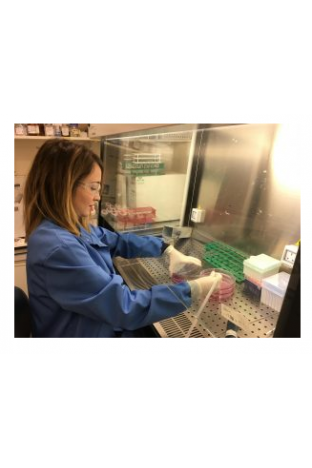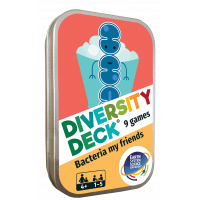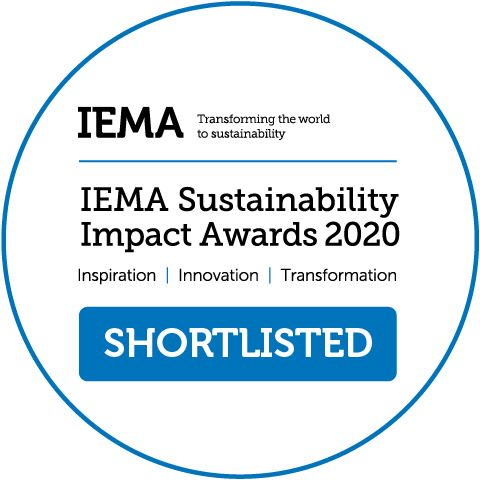We also asked them to tell us about their motivations and
professional routines so children can familiarise themselves with
scientific careers.
Dounia Djeghloul is a specialist in Epigenetics. She is our ambassador for the Biosphere. She has validated the information in our 7 SPHERES™ card game.
Who am I?
My name is Dounia Djeghloul. I work at the MRC London Institute of Medical Sciences (LMS) on epigenetics and cellular reprogramming.
From an early age, I was telling everybody I wanted to be a
genetician. My interest for sciences and the living world led me to do a
European Master in Genetics then a PhD on the role of Epigenetics in
the aging of stem cells.
What is Epigenetics?
Epigenetics (from the Greek “epi” which means “above” or “on top”, and “genetics) is the study of the biological mechanisms that activate or deactivate genes.
DNA contains our genes and is wrapped around in the cells nucleus. Epigenetics is the study of the compaction of DNA in the nucleus. When the DNA structure is very dense, genes are not expressed. However, in zones where this structure is not very dense, genes can be expressed. Epigenetic modifications allow the transition from one state to another.
In other words if DNA was spaghetti and the nucleus a basketball, then Epigenetics would be how to wrap the spaghetti in the basketball.
DNA compaction determines gene function (their ON or OFF state) and so plays a very important rule in how the cell works.
The Agouti gene experiment
During the early years of 2000, Professor Randy Jirtle and his team proved that it is possible to deactivate a gene by performing an experiment on so-called Agouti mice. Their name comes from a particular gene called Agouti, which makes them voracious, yellow but also prone to cancer and diabetes. Agouti mice offsprings usually inherit this gene and therefore these characteristics.
However, the Agouti mice offsprings used in the experiment were born thin, brown and lived in good health well into old age, and this without any modification to their genetic code! To achieve this, the researchers gave the Agouti mothers food that is rich in a substance that can attach itself to a gene and deactivate it. This substance can be found in many fruits and vegetables. The mothers transmit the Agouti gene to their offspring but its effects is minimised thanks to the “chemical switch” obtained though food.
What qualities do you need for this field of work?
- Patience: experiments take a lot of time before they give any results.
- Written and oral communication skills to present the results of your research in journals and scientific conferences.
- The ability to think and be organised.
- A good sense of observation and analysis.
- A good knowledge of the potential risks and dangers in the laboratory.
Educational requirements for Epigenetics
At school, you have to study natural sciences, mathematics and physics.
A the university, the key topics are biology, genetics, biophysics and statistics.
I support the UN Sustainable Development Goal number 3 which is about “Good Health and Well-Being”.
Epigenetics plays an important role in cell function and is involved in a very large variety of illnesses such as cancers and brain disorders (autism for example).
Epigenetic helps understand how environment (like UVs, pollution, diet and lifestyle) has an impact on our health and the health of our current or future children.
In recent years Epigenetics has emerged as a therapeutic target of choice for the treatment of these diseases as well as for the extension of lifespan.
Epigenetics could also be an alternative to GMOs. By influencing the epigenetic state of a cell, we can influence the ON or OFF state of a gene and in this way change or restore the function and destiny of cells without touching the gene itself.










